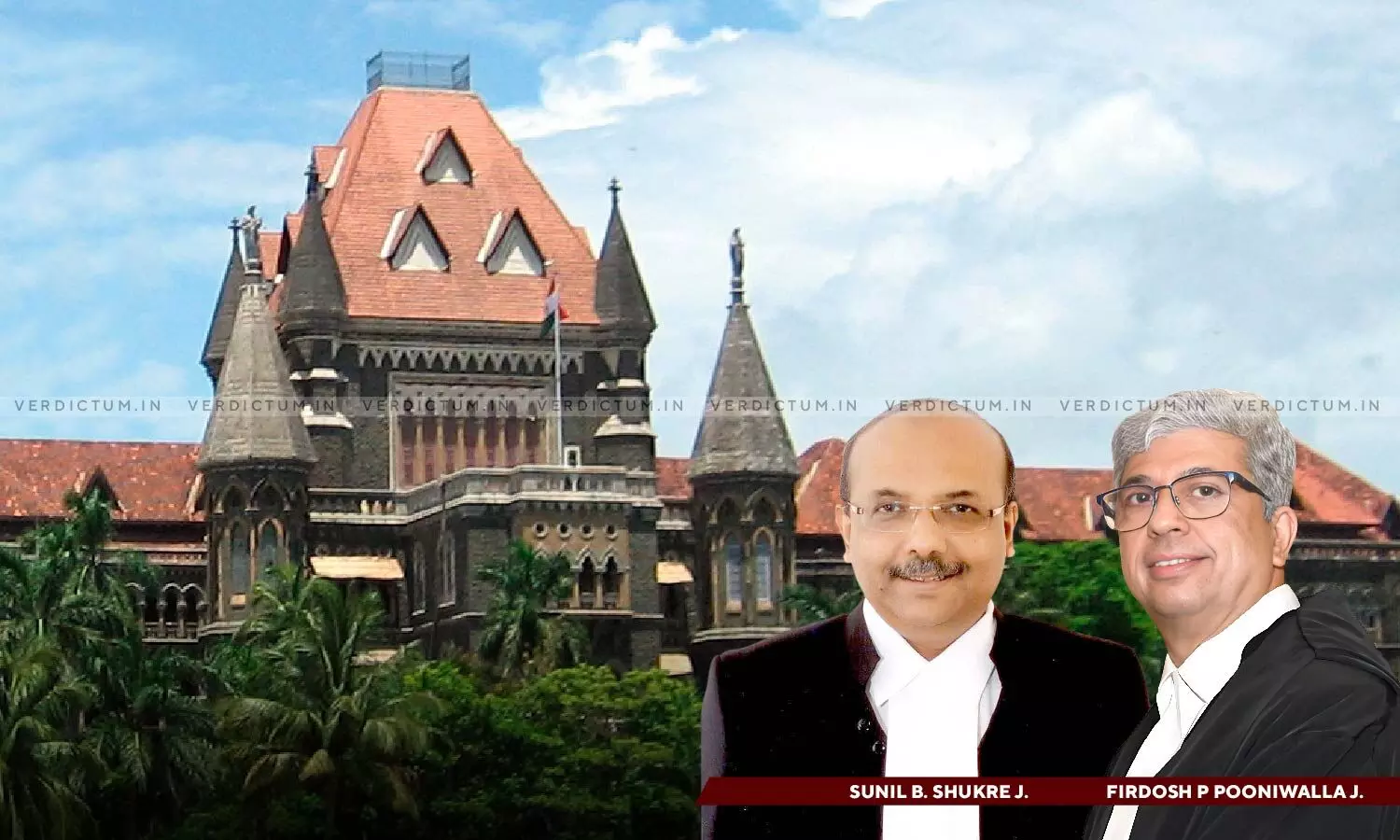
Oldest Entry From 1905 Clears Tribe Validity Dilemma: Bombay HC Instructs Scrutiny Committee To Issue 'Thakar' ST Identity Certificate To Minor
 |
|The Bombay High Court directed Scheduled Tribe Certificate Scrutiny Committee to grant a tribe validity certificate to the petitioner considering historical records dating back to 1905, which showed the petitioner's great-grandfather as belonging to the Thakar Community. The Court said similar entries for other ancestors in 1927, 1929, and 1940 supported this claim, and their authenticity was not in doubt.
The Court noted there were contradictory entries indicating a different social status for some individuals. These conflicting entries raised doubts about the petitioner's claimed social status. The Court noted that contradictory entries do not cancel each other out but rather require a proper method to identify the true ones.
A Division Bench of Justice Sunil B. Shukre and Justice Firdosh P. Pooniwalla held that, “We are of the view that the conflict between these two sets of entries can be resolved by taking into consideration the oldest entry amongst them for the reason that the oldest entries have been seen by Courts, as a tool of appreciation of evidence, to be inspiring more confidence, as these entries are recorded in the distant past and having been removed from the more manipulative modern times have a greater possibility of retaining purity and presenting truth.”
The Court decided to give precedence to the oldest entry, dated June 05, 1905, which unambiguously indicated the petitioner's ancestor as a member of the 'Thakar' Scheduled tribe. While there was a conflicting entry indicating 'Maratha' caste, it was considered a subsequent mistake, and similar entries appeared to be due to similar errors.
Advocate R. K. Mendadkar appeared for the Petitioner and Advocate V. M. Mali appeared for the Respondents.
The Court said the 'Thakar' tribe was found to be unique, not commonly found elsewhere in Maharashtra, and historically associated with specific geographical regions. Additionally, the Court recognized that during the pre-constitutional period, individuals often concealed their tribal identities due to societal perceptions, hence the prevalence of entries with prefixes or suffixes indicating higher social status.
Given these considerations, the Court upheld the oldest entry as the most credible evidence of the petitioner's tribal affiliation, supported by other early entries. Contradictory entries from later decades were disregarded.
The Court held, “Here in this case, the oldest entry unequivocally shows the social status of ancestors of the Petitioner as that of ‘Thakar’ which is a tribal group. This entry is also supported by some other entries of the years 1927, 1929 and 1940. The other entries of contradictory nature available on record, we find, are in later point of time qua the oldest entry and so they would have to be discarded as not showing the true picture about the social status of the ancestors of the Petitioner and we accordingly discard them.”
As a result, the Court concluded that the petitioner had reasonably established her 'Thakar' Scheduled tribe identity, entitling her to a tribe validity certificate. The Scrutiny Committee's erroneous order was set aside, and the Court directed Respondent No. 2 to issue the tribe validity certificate within two weeks of the order.
The Court also clarified that the petitioner could avail benefits based on reservation in the academic field using an authenticated copy of this order until the tribe validity certificate was issued. No costs were imposed.
Cause Title: Jui Shivaji Sarjerao (Minor) v. State of Maharashtra & Anr., [2023:BHC-AS:27546-DB]
Click here to read/download Judgment